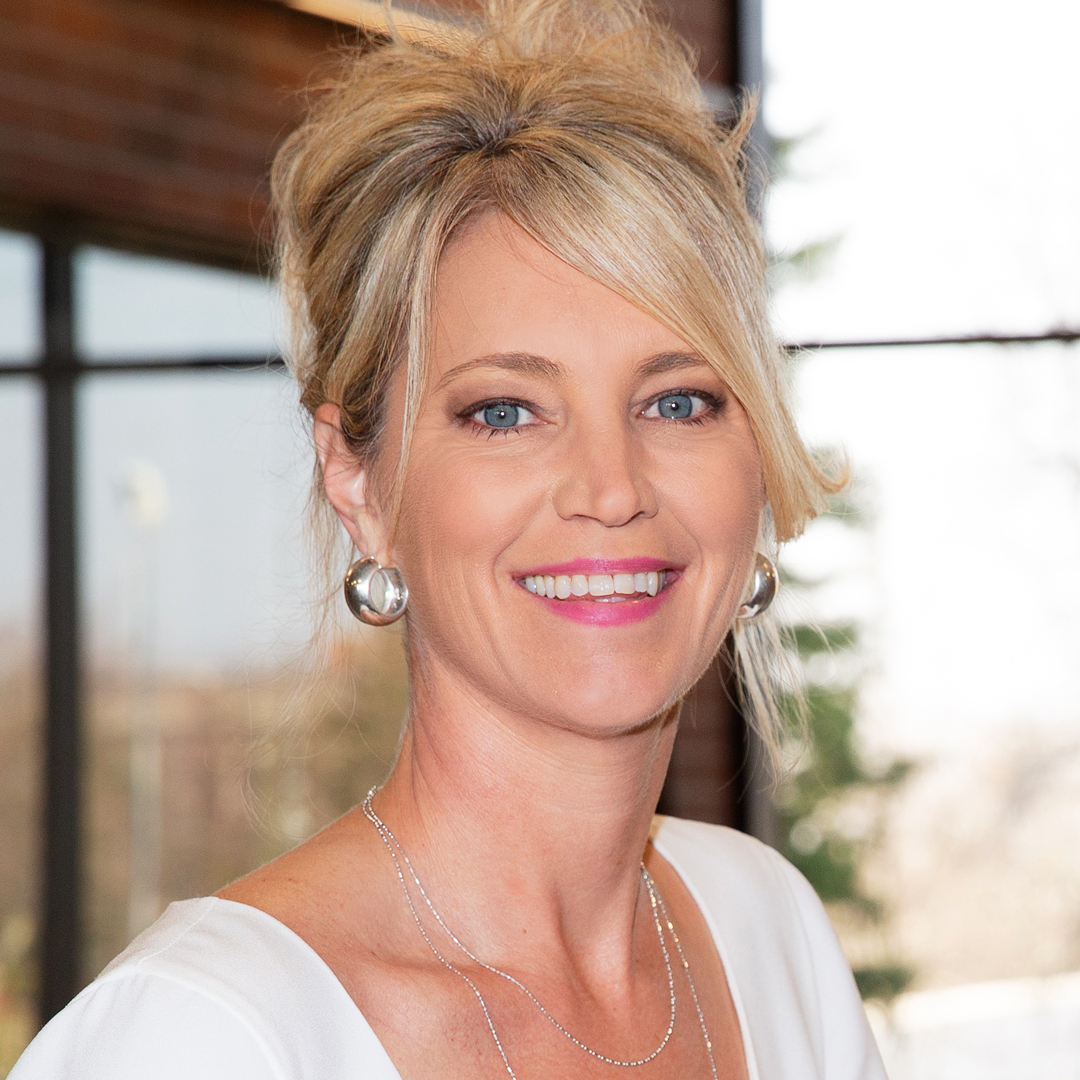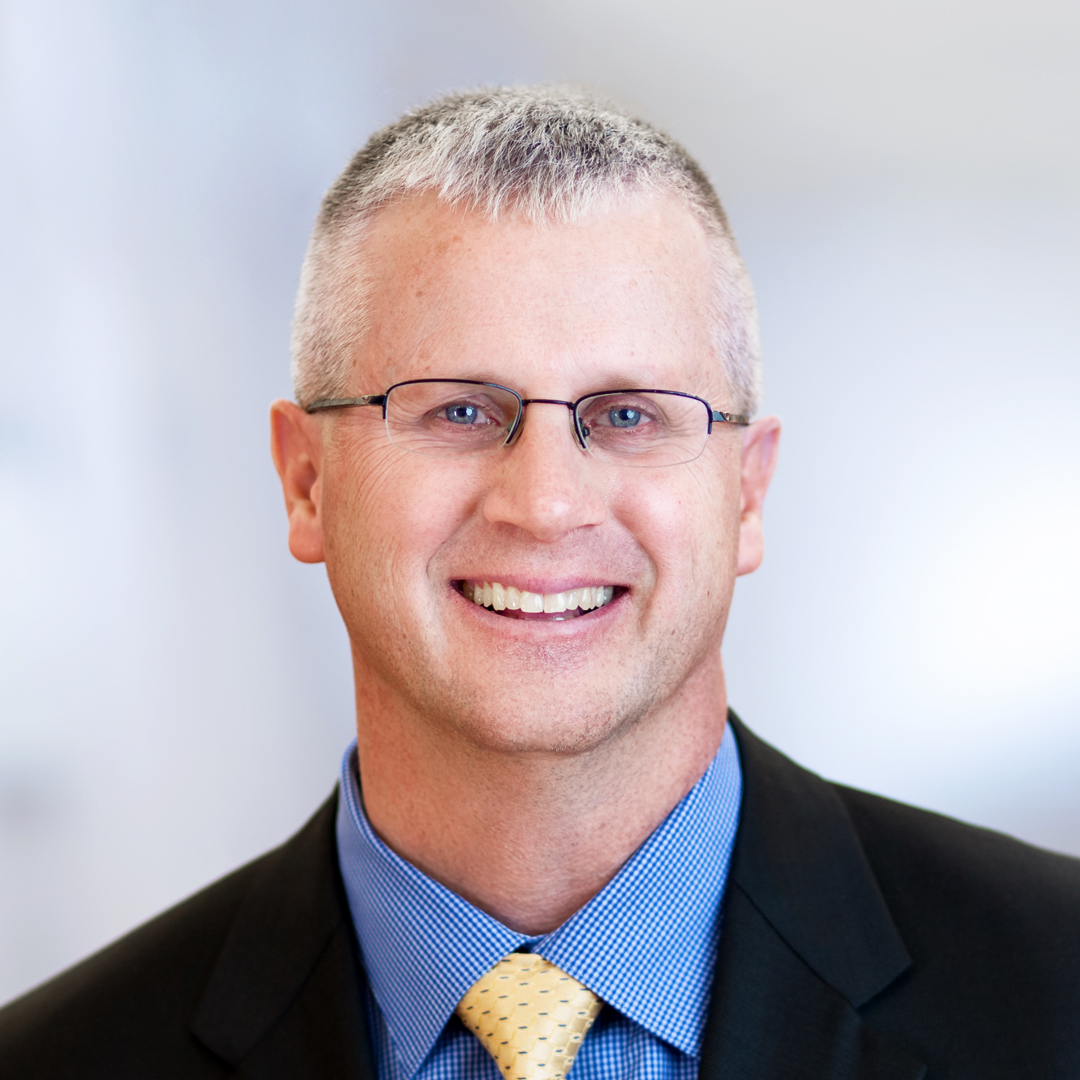Technology is quickly changing the world of medical research. Consider the breakthroughs in this century such as the mapping of the human genome and the resulting targeted therapies. Add to that the application of sophisticated information technology to analyze huge data sets, and the potential for therapeutic advancements is enormous. These developments also pose oversight challenges—particularly when it comes to human testing.
Quorum Review Inc. is an important link in a chain of oversight of increasingly complex research involving human testing. The company operates as a quasi-governmental organization that is responsible for implementing FDA regulations, says Mitchell Parrish, Quorum’s executive vice president and general counsel. Parrish’s responsibilities include ensuring that Quorum’s scientists, medical professionals, regulatory specialists, and IT experts can effectively assess research proposals and protect human test subjects. He also oversees the firm’s legal department.
Quorum’s influence has increased in recent years as the complexity of clinical trials has grown. “We’ve seen a huge change since the advent of genome-matched precision medicine,” Parrish says. “Research is now more effective while using fewer individuals.”
Today’s studies often tell researchers more with fewer test participants by better targeting subjects and using improved methodologies. Many tests consist of more than distributing a drug and a placebo to a certain cohort of people and observing the results. “You may have an in vitro diagnostic device, agreements between research institutions for sharing data, as well as interactions with the drug company,” he adds.
Research sponsors include drug companies, medical technology developers, and IT companies. Also involved in clinical trials are contract research organizations, medical researchers, the FDA, and human research participants. “We are at the confluence of all parties,” Parrish says. Quorum’s work begins when a sponsor intends to test a protocol for an investigational product in humans. The company’s review includes a thorough assessment of the study’s methodology for efficacy, safety provisions, and disclosure to test participants. “Quorum looks at the protocol to ensure compliance and to see if it makes sense, to see if the sponsor is likely to get the intended results from the study,” Parrish explains.
To safeguard participants, Quorum’s scientific and medical professionals vet how the sponsor performed due diligence by examining preclinical data, animal test data, and data from past research trials. The review includes an examination of the research sites including the qualifications and credentials of the researchers—typically physicians—who will carry out the protocol.
A team with a diverse background reviews the consent form—the document that informs individuals who will enroll in the trial. “Members of the community, which can include clergy, nurses, engineers, physicians, and others, make independent decisions about whether the research can go forward,” Parrish says. The independent board is an FDA requirement. The inclusion of nonscientists and nonmedical professionals is to protect participants and ensure that the consent form is understandable to those involved.
Independent boards also add a layer of oversight. A for-profit company, Quorum’s income comes from medical trial sponsors including pharmaceutical and medical device manufacturers. “We have independent boards that are separate from the financial considerations of Quorum,” Parrish says.
To remain effective evaluators and a leader in the industry, Quorum, which was founded twenty-eight years ago, has had to raise its technological acumen in recent years. “We’ve been around for a long time, but you have to remain adaptable and nimble considering how much research and new products have changed the medical field,” Parrish says. The company has added professionals with expertise in gene transfer and information technology—particularly big data and artificial intelligence. “We have a sophisticated IT department and a software development arm,” Parrish points out.
Big data analysis combined with artificial intelligence enables researchers to sift through information that can make all the difference in evaluating test results. For instance, by linking test participants to their pharmacy records, researchers can discover whether results were skewed by some participants missing dosages of a medication. Without that data, researchers might be in the dark about why a trial did not produce expected results.
The adage “time is money” has never been more true than in drug and medical technology research, where testing takes several years. IT helps to speed up this process in a few ways, including identifying the best test subjects and linking databases among research institutions, pharmaceutical companies, and scientific researchers. Quorum’s recent partnership with goBalto, a provider of a clinical study start-up platform that is now part of Oracle’s Health Sciences Global Business Unit, helps speed clinical trials through site selection, feasibility, and activation.
A lawyer by training, Parrish does not have a life sciences or medical education, but his legal expertise, he says, provides a sound basis for duties that include making sure Quorum’s various disciplines operate together smoothly. As the company’s regulatory experts and scientists interact daily and keep current with rapidly changing research rules and methodologies, Parrish makes sure they have the tools and operational structure they need.
Legal training, with its focus on interpreting written regulations and adhering to ethics rules, was a spot-on prescription for an executive who keeps all of Quorum’s pieces working in sync. Contributing to the research that leads to innovations in disease treatments is a powerful motivator that will continue to drive Parrish and the multifaceted departments that he guides. Few professionals, no matter what their specialty, could ask for more.
Continuing Research Outside the Office
Mitchell Parrish, Quorum Review Inc.’s executive vice president and general counsel, furthers medical research by volunteering his expertise with nonprofit groups.
One of those, the Multi-Regional Clinical Trials Center of Brigham and Women’s Hospital and Harvard (MRCT), is focused on implementing best practices for clinical research around the globe. “Major pharmaceutical companies, The Gates Foundation, and other prominent organizations are involved,” Parrish says.
He adds, “I was on a small MRCT work group that developed content for international researchers and regulators.” The group created regulatory training modules applicable around the world—particularly where the medical research infrastructure is not as well developed as in North America, Europe, and Japan.
Much like Quorum, MRCT concentrates on improved clinical research practices, greater transparency, and improved safety for research participants.
Oracle Health Sciences, now including goBalto, provides the only eClinical platform made up of best-of-breed solutions powered by the number one data and cloud technology in the world. With Oracle Health Sciences, life sciences organizations can unify all elements of the clinical development life cycle in a safe, secure, and compliant manner.


